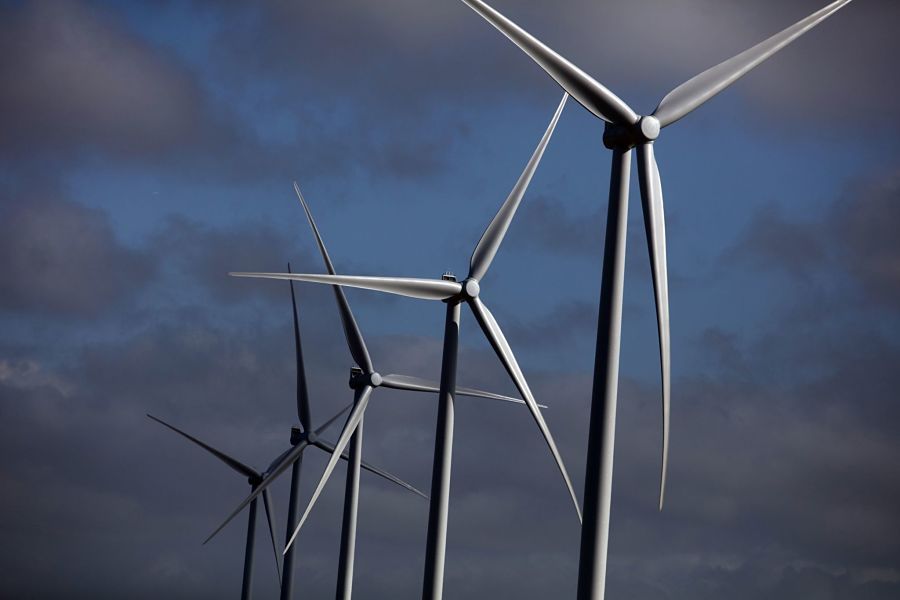Oregon’s $90bn state pension plan is aiming to have net-zero greenhouse gas emissions by 2050, according to a new proposal from the state’s treasurer, Tobias Read.
In a little over a year, Read will present the pension system’s investment council with a comprehensive plan for accomplishing that, according to an announcement made Wednesday.
That plan will likely lean heavily on an engagement strategy with portfolio companies, rather than divestment, Read’s office said in a statement.
The announcement comes amid moves in the opposite direction on climate policy by treasurers in conservative-led states, some of which are effectively banning ESG considerations and blacklisting asset managers.
“Our investment decisions must be driven by financial considerations and investment returns, not politics,” Read said in the announcement. “The reality is we must reduce the risks that climate change poses to our investments and to the retirement security of Oregon’s hardworking public servants and their families.”
As treasurer, Read is the CFO of the pension plan, although there are four other voting members on the council he will have to convince.
The proposal includes four main components, the first of which is a pledge to achieve net-zero emissions in the portfolio by 2050 or sooner. After that, the state would have to determine a baseline emissions level and set interim targets, finding opportunities for more low-carbon investments. The third piece is reviewing the carbon-intensive aspects of the portfolio, such as those that currently include fracking, thermal coil or tar sands. The other component is a reporting strategy to show progress toward net zero.








